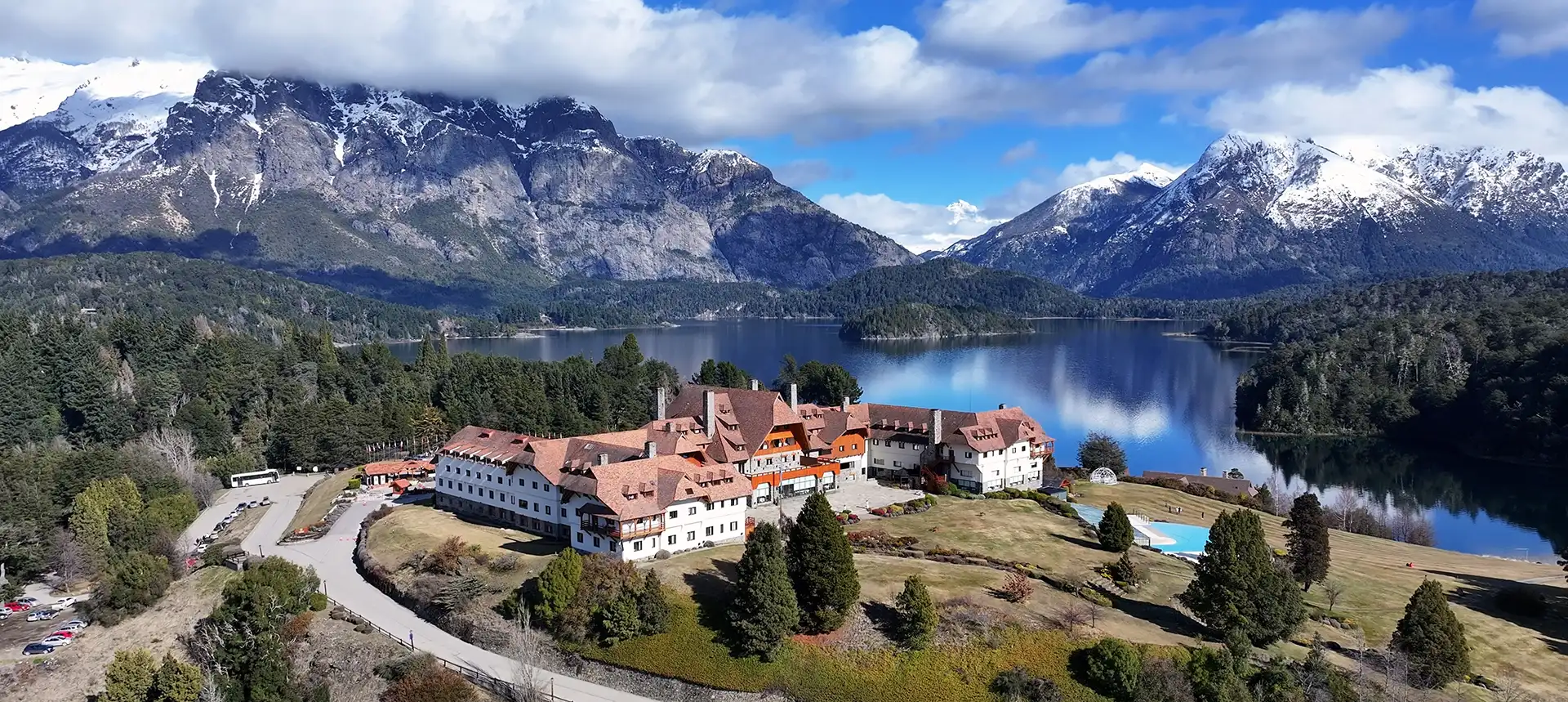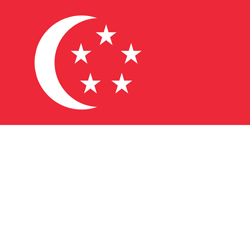Argentina has formally established a citizenship by investment program through Decree 524/2025, published in the Official Gazette in Buenos Aires on July 30, 2025.
The new regulation sets out the legal process for obtaining Argentine citizenship for foreign nationals who make qualifying economic investments.
The move comes after President Javier Milei introduced a broader migration reform plan in May 2025, which included a proposal to launch this program. The fast turnaround from announcement to formal adoption in less than two months shows the government’s focus on attracting foreign capital.
The new pathway took effect immediately following the publication of the decree. It is open to foreign individuals who can demonstrate they have made a significant investment in Argentina.
The Ministry of Economy will define what counts as a qualifying investment and is authorized to create targeted investment projects to support the program.
The decree does not define a specific minimum investment amount. The Ministry of Economy holds full authority to decide what qualifies as a significant contribution.
In May 2025, the Milei administration amended the Citizenship Law by adding a new article that gives foreign nationals with major investments a path to Argentine citizenship. The standard process usually requires at least two years of legal residence in the country. However, under this new provision, the residency requirement does not apply to those whose investments are recognized as significant by the Ministry of Economy, regardless of how long they have lived in Argentina.
Investors who wish to apply under this new route must submit their request through a newly formed body called the Investment Citizenship Programs Agency, which operates under the Ministry of Economy.
The agency is responsible for evaluating whether the applicant’s investment meets the ministry’s criteria.
The agency will also request reports from both public and private entities to assess the background of each applicant. These evaluations will help determine if granting citizenship might present any risks to national security or public interest.
Government departments involved in the background checks include the Financial Information Unit, known by its Spanish acronym UIF, the Ministry of National Security, the National People’s Registry RENAPER, the National Recidivism Registry, and the State Intelligence Secretary SIDE.
Once these reports are reviewed, the agency will make a formal recommendation to the National Migration Directorate. That office will then have a period of 30 working days to decide whether to approve or deny the application.
Applicants who are approved under this program will also be assigned a Unique Tax Identification Number known as CUIT. This number is required for conducting economic activities within Argentina.




























































































































































































































